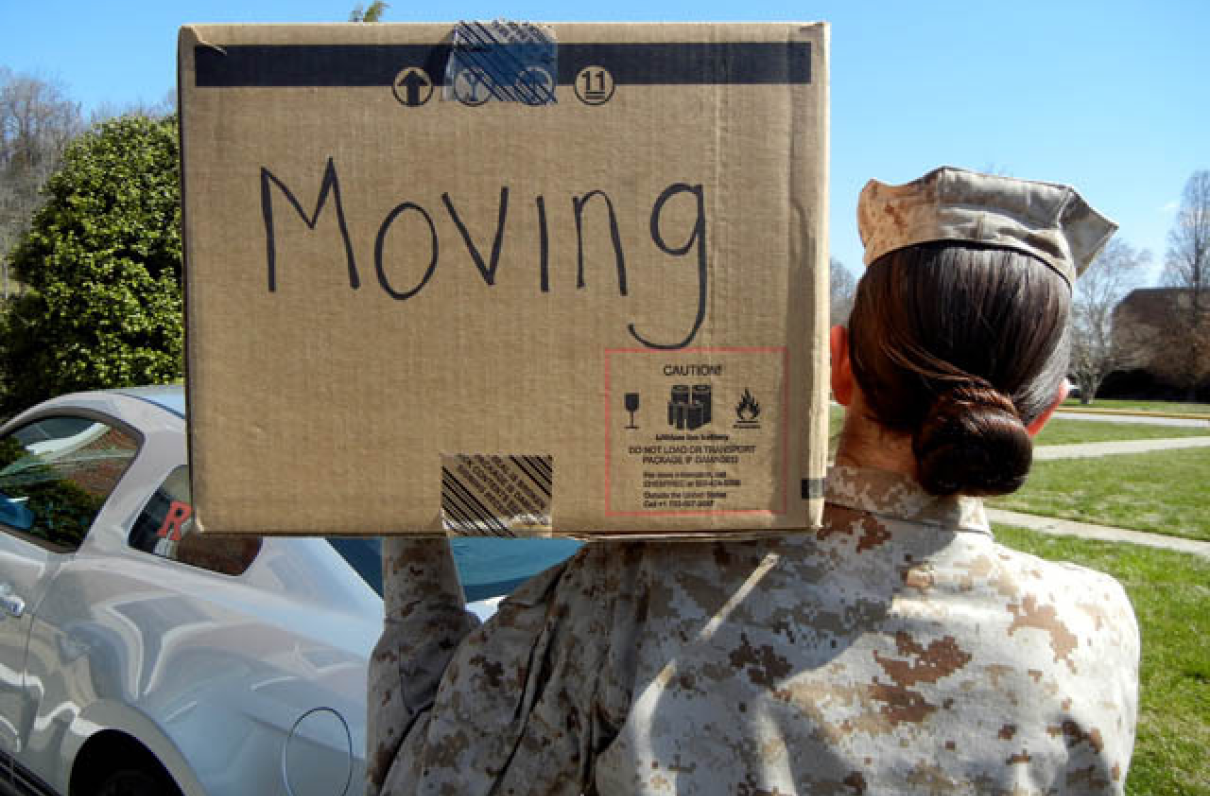Marine Corps leaders are taking steps to smooth operations during peak moving season as families prepare to head out to their next duty station.
The service is launching initiatives to improve the process families go through during PCS season. This year, the Marine Corps issued orders earlier than usual and has called up 12 reservists to serve as quality assurance inspectors.
“The PCS experience is a quality-of-life issue,” said Brian Imler, transportation specialist for Marine Corps headquarters. “If a Marine is worried … it’s impacting his readiness. He’s not as focused. We try to improve the experience.”
Each year, the Marine Corps conducts 30,000 moves in the contiguous United States and 1,500 moves to Alaska, Hawaii, and international stations. About 40 percent of those moves are made during peak PCS season – May 15 to Aug. 31.
The changes follow last summer’s PCS season, one that went down as one of the most miserable in recent memory and led to calls for improvements; DoD established a cross-function team to identify ways to resolve problem areas.
This year, the Marine Corps issued PCS orders 160 days ahead of report dates to give Marines and their families extra time to coordinate with movers. Officials also moved up some promotion boards to allow for issuing earlier orders.
The dozen reservists will report to active duty for 180 days at Camp Pendleton, Calif., and in the Washington, D.C., metro area to supervise moves in person as quality assurance personnel. At least 50 percent of all moves this PCS season will be supervised in person.
Imler said the changes are aimed to ease the stress of moving on family members, who are the greatest influencers in whether Marine decides to stay in service. The initiatives also show commanders are listening to concerns, he said.
“Marines just need to know that leaders care about them,” Imler said. “The commandant really does care. They’re not on their own.”
Amanda Dolasinski is MOAA’s staff writer. She can be reached at amandad@moaa.org. Follow her on Twitter @AmandaMOAA.




